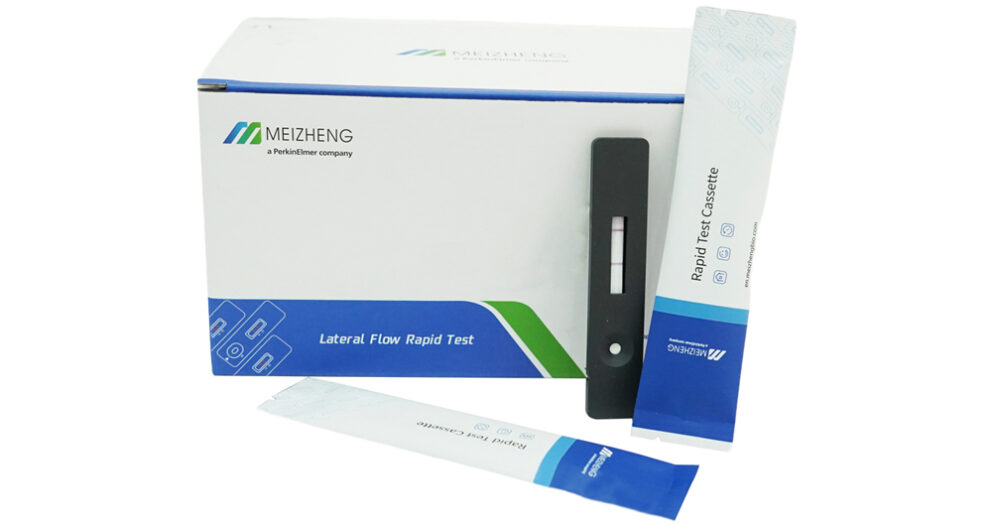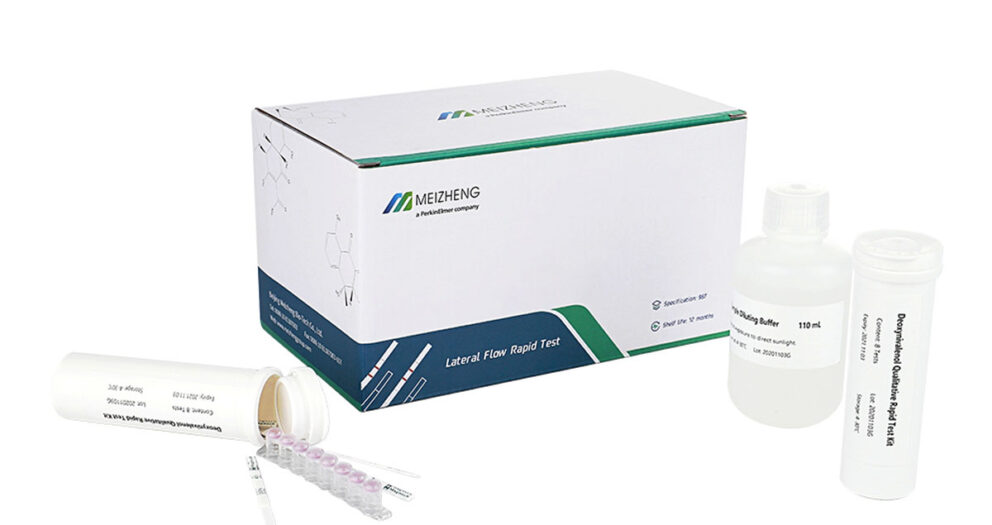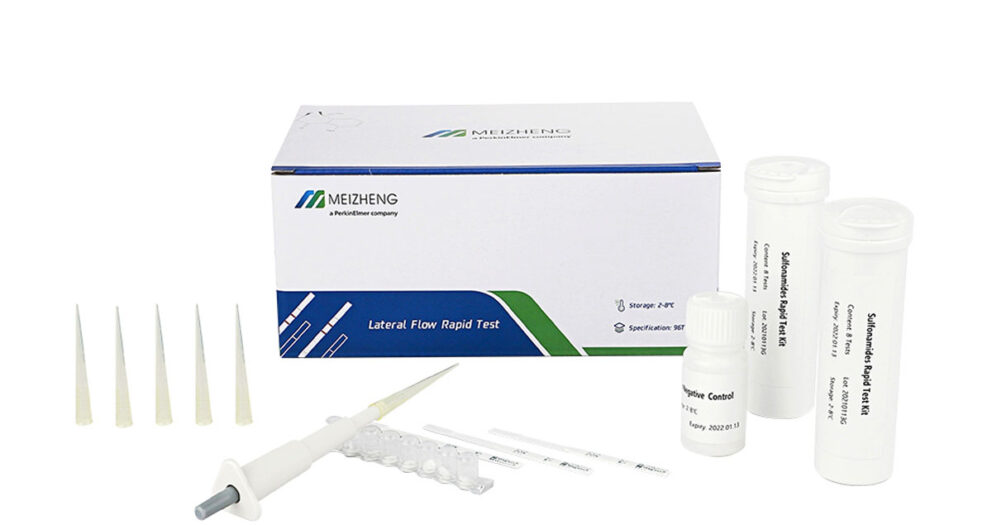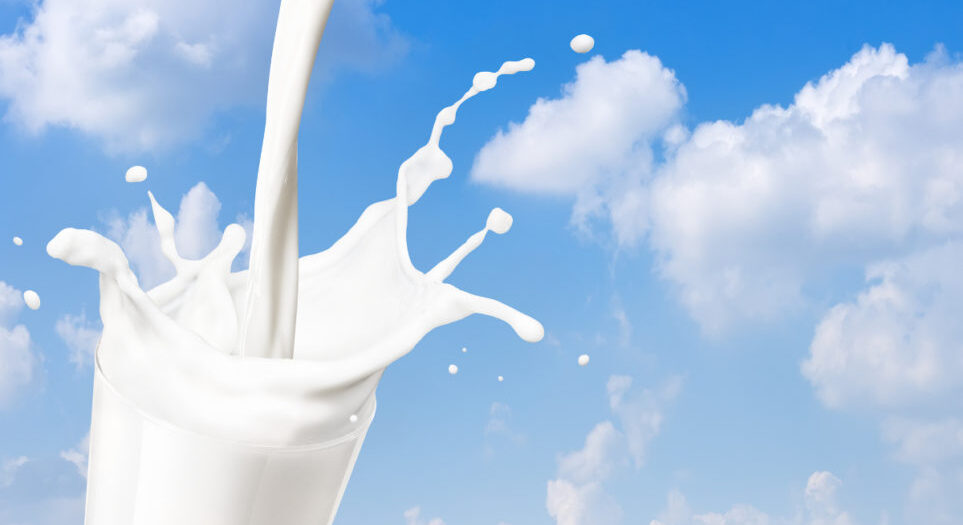There are three main sources of pesticide residues in traditional Chinese medicine:
Direct pollution caused by the abuse of pesticides in the planting process of Chinese herbal medicines: The growers of Chinese herbal medicines lack basic plant protection knowledge, and the selection of pesticides is efficient and low-cost, and even some banned pesticides are used. In order to maintain production and increase income, growers frequently use pesticides, often using a mixture of several highly toxic pesticides. Especially in the period of severe pest infestation, the concentration of pesticides used is doubled, resulting in excessive pesticide residues in Chinese herbal medicines.
Indirect pollution of Chinese herbal medicines by pesticide residues in soil, air and irrigation water: During the cultivation and production of Chinese herbal medicines, Chinese herbal medicines passively absorb and accumulate pesticides from the environment contaminated by pesticides, such as soil, water sources, and atmosphere.
Pollution caused by Chinese herbal medicines during harvesting, processing, storage and transportation: The timing and season of pesticide application are unreasonable. For example, in some Chinese herbal medicine producing areas, harvesting begins shortly after pesticide application. In the production process of traditional Chinese medicine, there are many links, and the possibility of pollution is high, such as the pollution of auxiliary materials and drying places during the processing of medicinal materials. In addition, in the packaging and transportation of traditional Chinese medicines, such as packaging pesticides and fertilizers to package medicinal materials, and transporting medicinal materials without thorough cleaning of the vehicles for transporting pesticides and fertilizers will cause pollution.
Distribution characteristics of pesticide residues in traditional Chinese medicine:
Organochlorine pesticides in traditional Chinese medicine are more polluted than other types of pesticides, and the order is: organochlorines > pyrethroids > organophosphorus and carbamates. The detection rate of organophosphorus and carbamate pesticides is relatively low, only the artificial planting has a long history, and medicinal materials with serious pest damage are occasionally detected;
Pesticide residues in planted medicinal materials were slightly higher, while only trace amounts were detected in wild medicinal materials;
There are also great differences in the pesticide residues of the same medicinal material and different parts of the same medicinal material in the same area; root and rhizome medicinal materials are generally more likely to be polluted by pesticides than other medicinal materials;
There are relatively few pesticide residues in Chinese patent medicines and extracts, and the residues are relatively low.
Prosecution and Control of Pesticide Residues in Chinese Medicines:
Pesticide Residue Rapid Test Kits can accurately and quickly detect pesticide residues in vegetables, fruits, grains, tea and soil. It can be widely used in the detection of pesticide residues in fruits and vegetables in vegetable testing centers at all levels, farmers markets, supermarkets, environmental protection agencies, vegetable planting bases, restaurants, vehicles, laboratories and other food safety testing and monitoring places.







